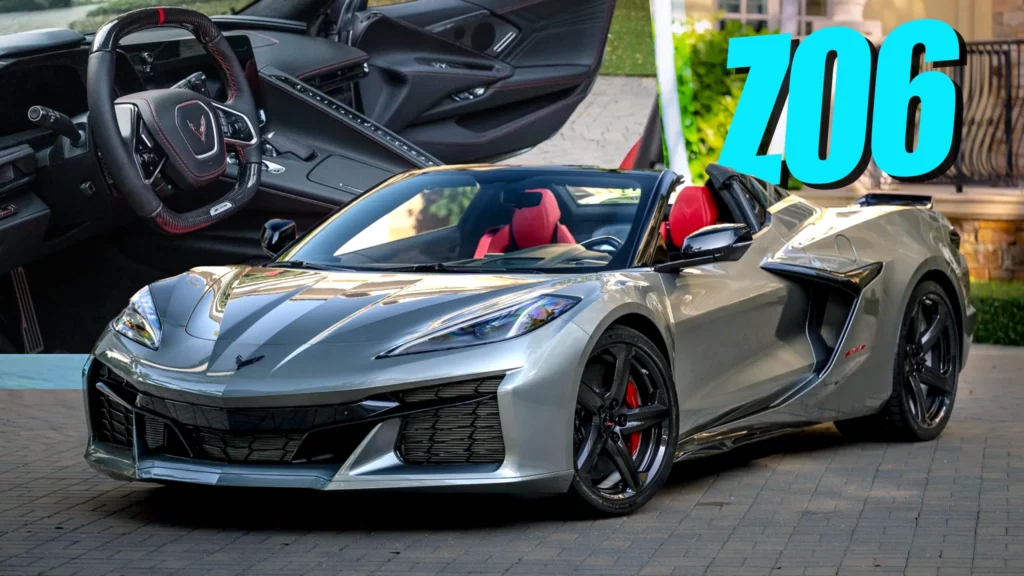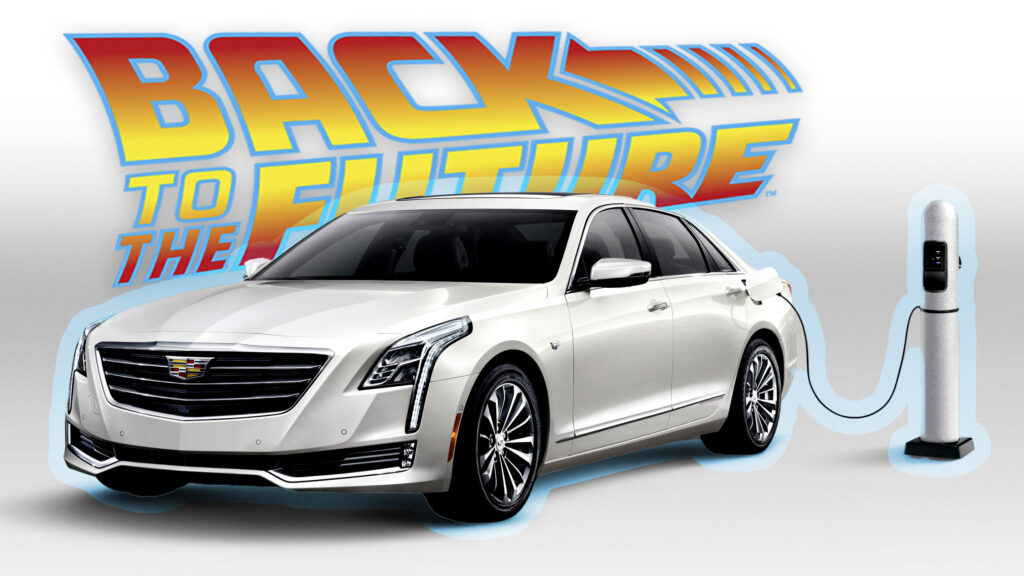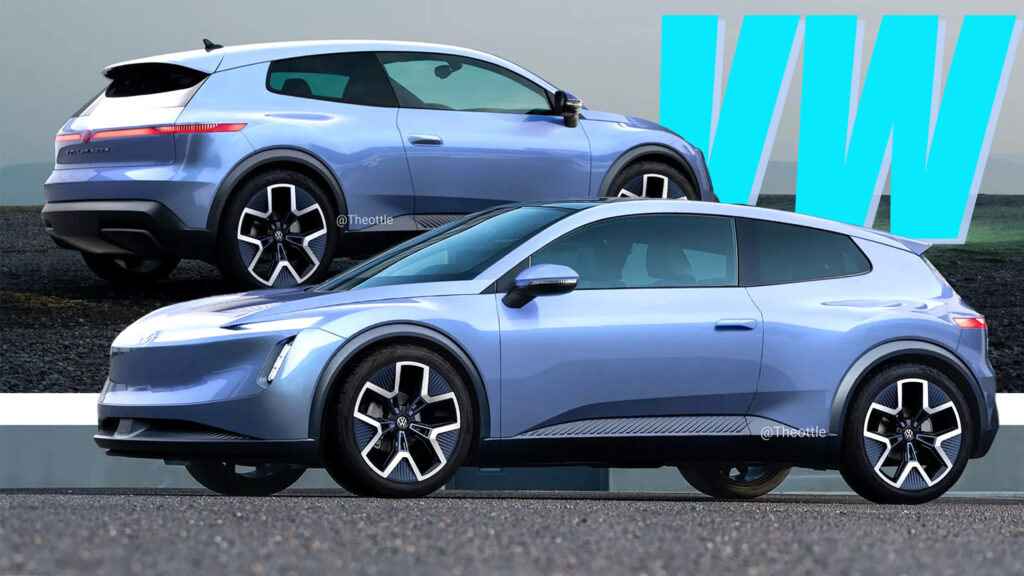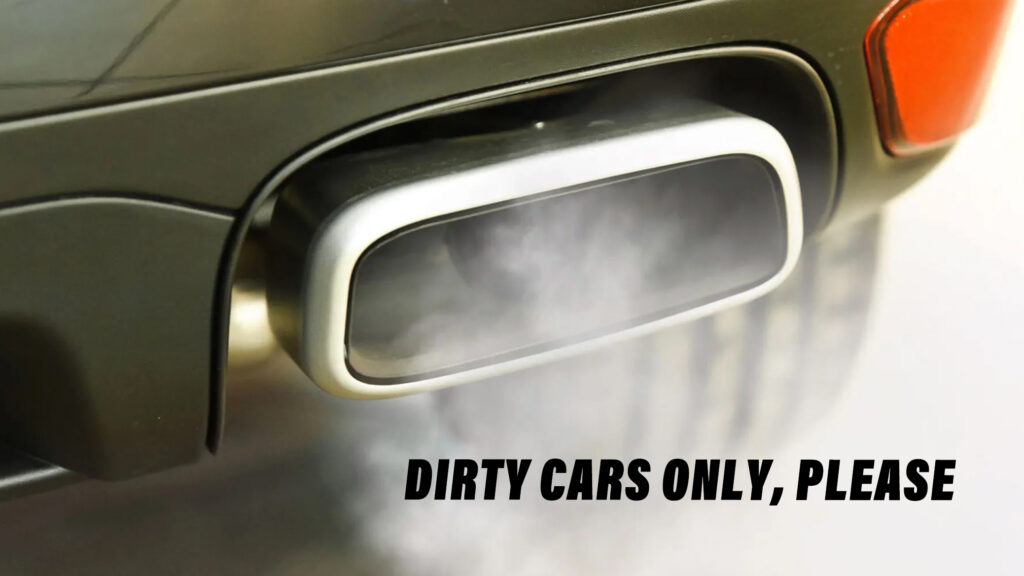Two centuries ago Australia was a dumping ground for British and Irish criminals, more than 160,000 of whom were shipped Down Under before the last convict boat docked in January 1868. But now the country is at risk of becoming a dumping ground for a different kind of undesirable cargo.
Australia, along with Russia, Turkey, South Africa, India and several other countries, is being warned that its reluctance to switch to electric cars could result in it becoming a home for high-polluting cars. London-based think-tank Carbon Tracker says that as China, Europe and North America bring in tighter regulations forcing drivers to make the move to EVs, automakers could rely on nations with weak or non-existent decarbonization targets as locations to offload their old-tech, more-polluting cars.
Carbon Tracker highlights India, Australia, Thailand, Turkey, Indonesia, Malaysia, Russia and South Africa as countries that have made little or no effort to fill their roads with cleaner cars, and also warns that those same countries might find it harder to import used EVs from more eco-minded countries because those countries will be pushing recycling initiatives that will keep pre-owned electric cars within their borders.
Related: Bank Australia Will Stop Offering ICE Vehicle Loans To Speed-Up EV Switch
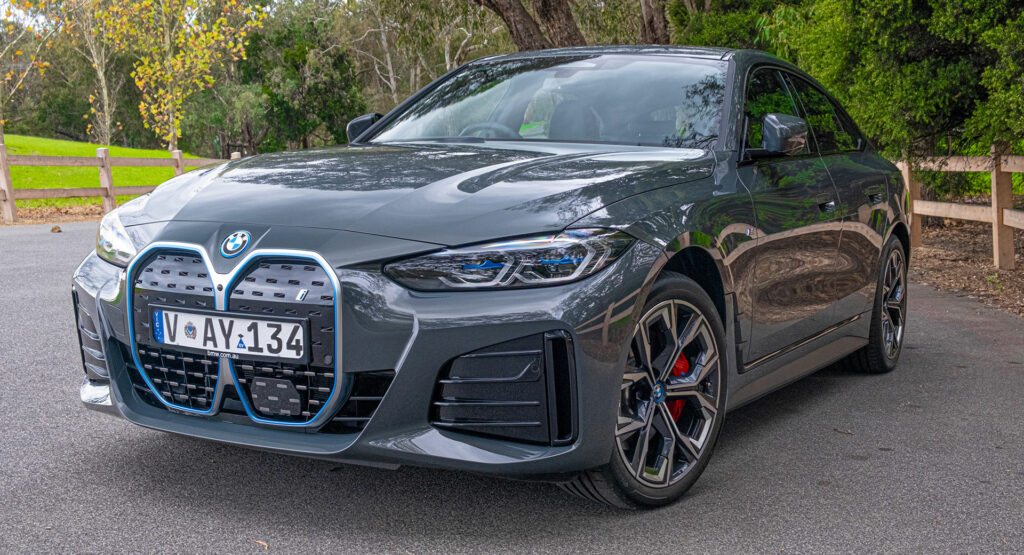
The report suggests that countries without plans in place to end the sale of gasoline vehicles won’t just fail to contribute to reducing climate change or to clean up their own air, but could be locking themselves into a loop that will hurt them financially. Africa, for instance, spends $80 billion each year on importing fuel, but Carbon Tracker estimates that Africa, Asia and South America combined could save more than $100 billion on fuel imports and improve their trade balance if they introduced policies that promoted the take-up of electric vehicles.
Carbon Tracker recommends that governments in those regions help speed-up the shift by introducing tougher emissions limits, limiting used car imports to relatively new vehicles, removing tariffs on EVs, and promoting the local manufacture of electric cars, Bloomberg says.



